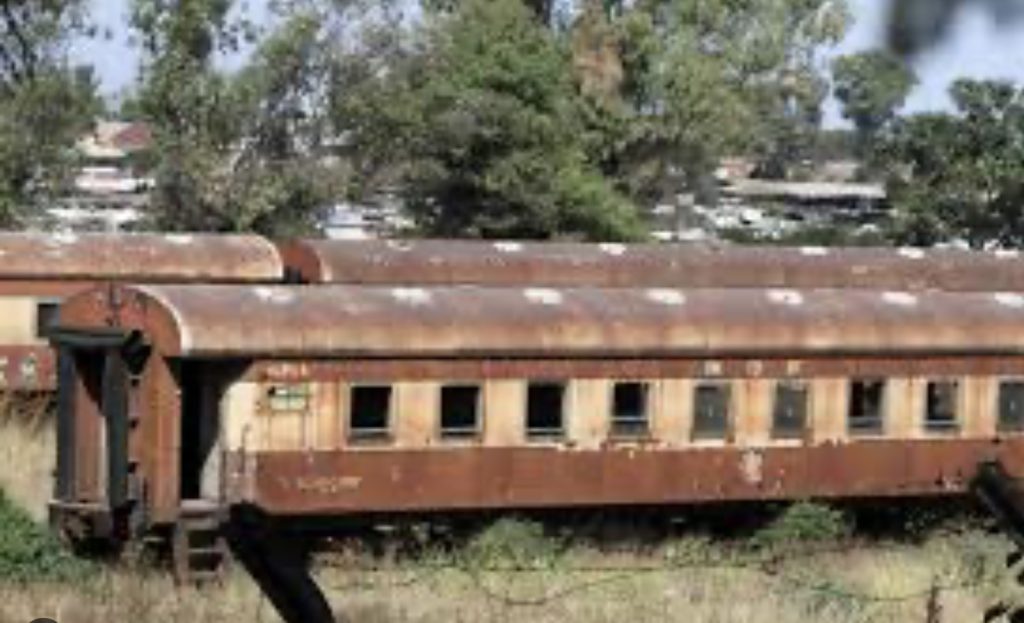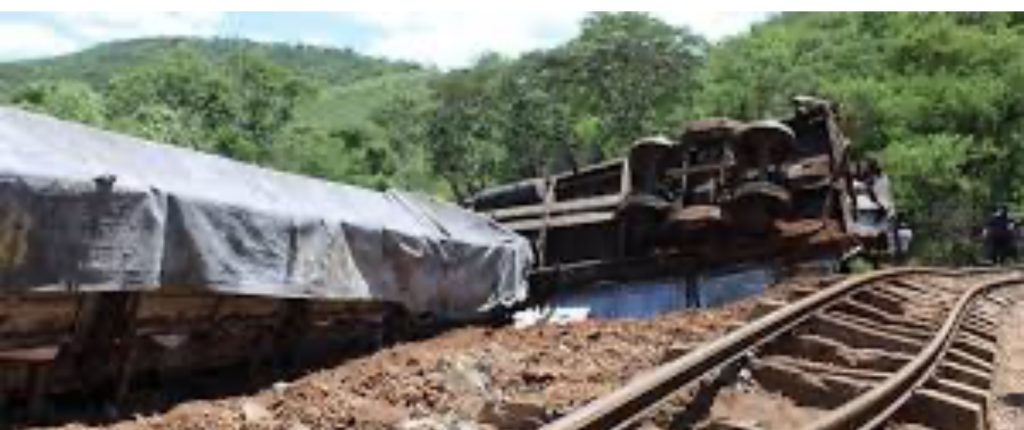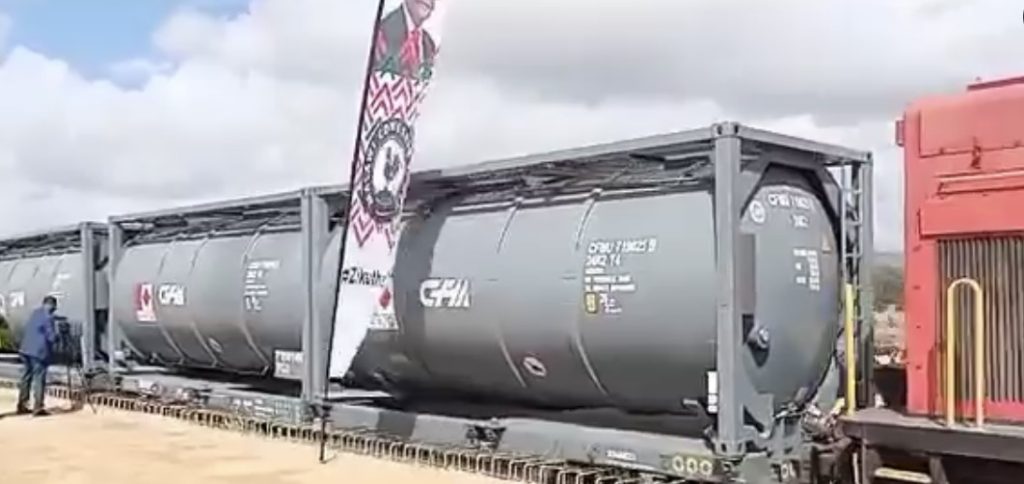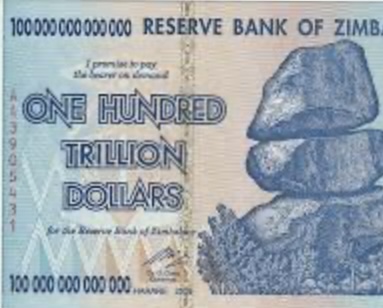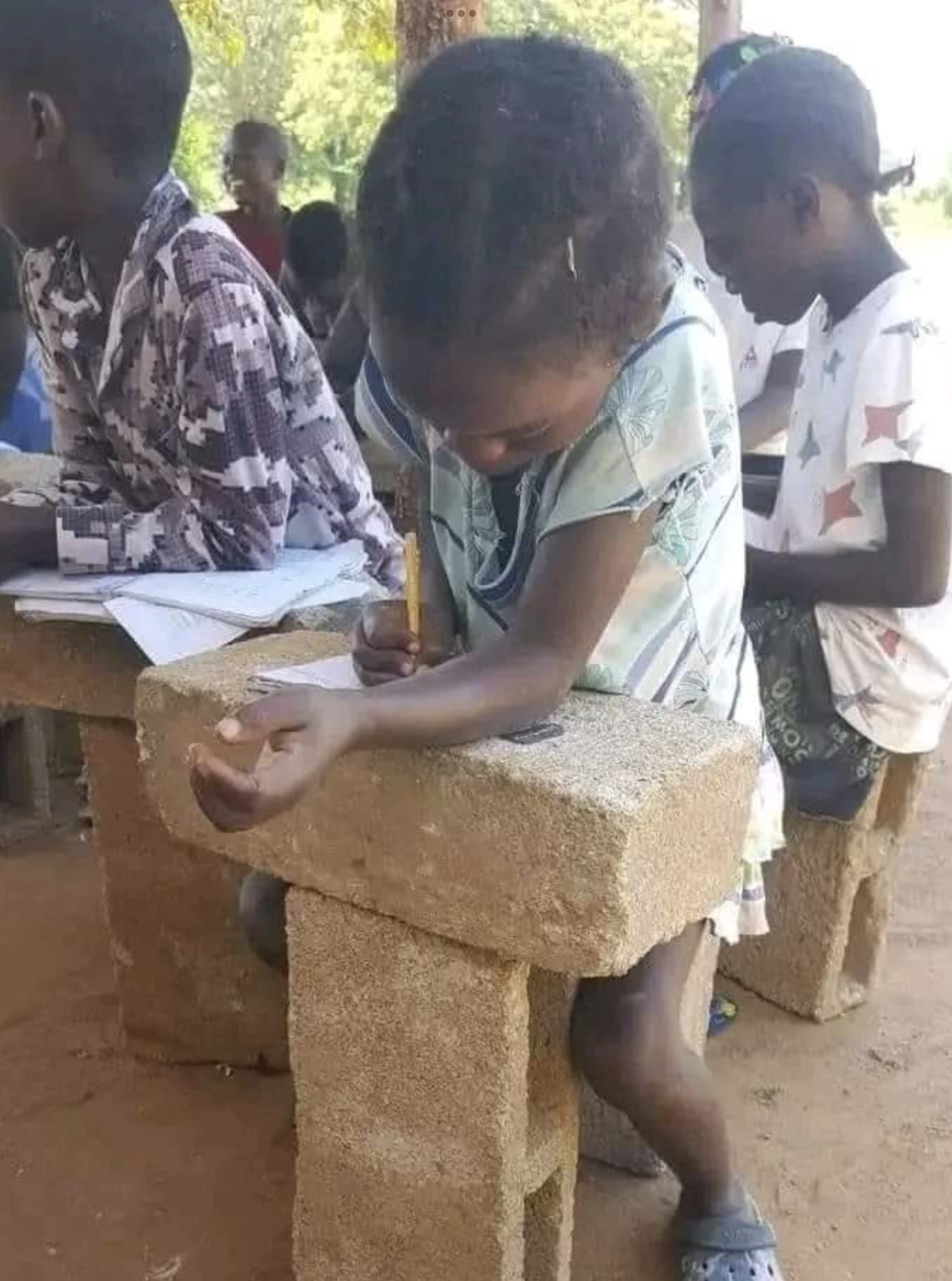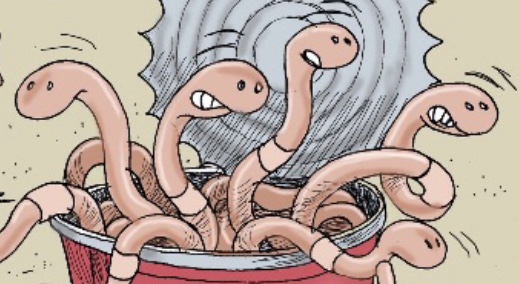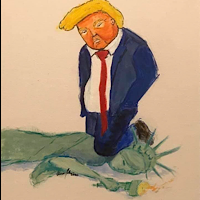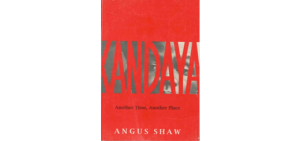Railroad to nowhere
China, the master of rail and bullet trains, has offered to step in and fix it.
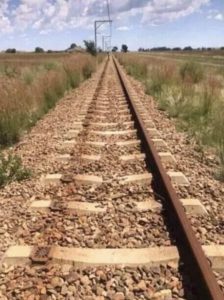
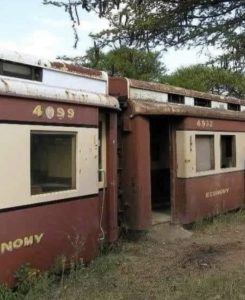 Don’t hold your breath. The rail network has suffered from years of neglect. Lines are rotting and overgrown, trees grow between them in places and metal pieces have been stolen.
Don’t hold your breath. The rail network has suffered from years of neglect. Lines are rotting and overgrown, trees grow between them in places and metal pieces have been stolen.
Rolling stock is broken and rusted out – some used as refuge for vagrants, dope peddlers and down-and-out hookers.
So much for the old idea of rail being the backbone of 
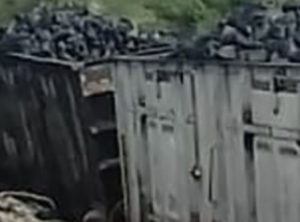 strength. Gigantic trucks move heavy loads of fuel, coal and our rich endowment of minerals, chewing up already potholed highways and making driving more dangerous than ever.
strength. Gigantic trucks move heavy loads of fuel, coal and our rich endowment of minerals, chewing up already potholed highways and making driving more dangerous than ever.
Mozambique next door has revamped its railway from the Indian ocean port of Beira to our eastern border city of Mutare, but there it stops. Nearby Malawi, meanwhile, receives a trainload of 24 wagons of fuel from Beira, 1.2 million litres no less.
Our government has been trying to implement a 3-year US$ 1.6 million road rehabilitation programme at a time an estimated US$ 2 billion is needed for food and drought relief.
The Chinese offer comes along with 16 other recently signed cooperation agreements. Another interesting one is a ”Protocol for Phytosanitary Requirements for Export of Zimbabwean Fresh Avocado to China.”
Yes, I had to look it up. Phytosanitary means free from bugs, worms, fungi and plant diseases that thrive in excess moisture, something we don’t have during this severe drought.
 Sadly, growers need more water than they are getting make the fruit tasty, plump and enticing for Chinese mouths or menus.
Sadly, growers need more water than they are getting make the fruit tasty, plump and enticing for Chinese mouths or menus.
Oh, and there’s also a signed “Treaty on Mutual Legal Assistance in Criminal Matters.” China has been in the habit of sending convicts sentenced to prison with hard labour over there to work on its building/construction projects here.
 The other day neighbouring Zambia reported catching two Chinese nationals trying to smuggle two tons of gold in from Zimbabwe for onward transit. (Our central bank has three tons of gold in its vaults meant to back the local currency, hardly Fort Knox.)
The other day neighbouring Zambia reported catching two Chinese nationals trying to smuggle two tons of gold in from Zimbabwe for onward transit. (Our central bank has three tons of gold in its vaults meant to back the local currency, hardly Fort Knox.)
Further media cooperation is promised in the new documents but since neither side has a free press it can be assumed restrictions on free expression will continue as before.

